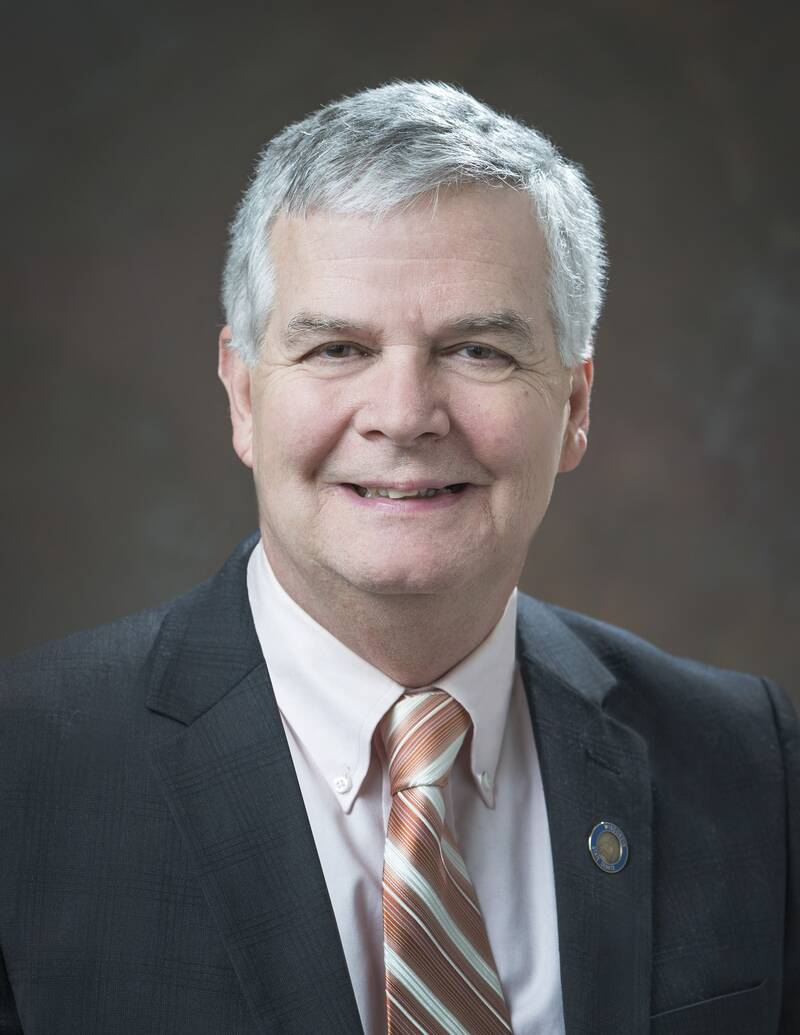Every new year is an opportunity to reflect on what we can do better moving forward. When the New Year is the first of a new decade we think even bigger. What can we do in this new decade to become the sibling, parent, neighbor, colleague or citizen we’re expected to be?
While being a parent may arguably be the most important role many of us take on, being a good citizen is a close second. You may already say you never miss voting during an election, and that’s a good thing. But can we do better?
As we prepare for the next decade, we must commit ourselves to be the best citizen we can be. There are many opportunities to be a better citizen: participate in the census, call your elected officials and demand nonpartisan redistricting reform. Every day in my role, I work to ensure each vote counts – it’s a responsibility I take seriously, and I hope you do too.
Every ten years, citizens are required to complete the U.S. Census by providing information about themselves for officials to identify demographic shifts in our country. Data collected in a census year is then used to draw legislative districts.
Redrawing political lines can be very controversial. Currently, Wisconsin statutes allow legislators to draw their own lines, which can be easily manipulated for political advantage, known as gerrymandering. Consequently, if Wisconsin has uncompetitive maps, legislators are far less likely to make decisions reflecting the will of their constituents.
In 2011, Republican leaders paid a private law firm to draw the lines, according to their specifications. The attorneys forced legislators to sign a document agreeing they wouldn’t disclose how the redistricting occurred.
Advocates challenged this undemocratic process all the way to the U.S. Supreme Court. Millions of our tax dollars were paid to the law firm that drew the lines and to defend their actions in court. The Supreme Court took no action other than to suggest each state should handle this problem in their own way.
Before this happened, most citizens didn’t pay much attention to legislative redistricting. Now, it’s clear we need a better system to protect our vote.
With the start of a new decade, the Legislature can change the way legislative districts are determined. All we need to do is pass a bill. In October, Senator Dave Hansen (D-Green Bay) and Representative Robyn Vining (D-Wauwatosa) introduced legislation to create a fair process for nonpartisan redistricting reform.
This legislation makes the Legislative Reference Bureau (LRB) responsible for re-drawing Wisconsin’s legislative districts. The LRB is the full-time, nonpartisan agency made up of lawyers we already rely on to turn your ideas into law. With no outside political pressure or affiliations, this is the agency perfectly suited to handle this important task. As legislators, we should approve fair maps, not draw favorable maps for our own protection.
Since Senate Bill 288 and Assembly Bill 303 were introduced, the Republican Committee Chairs haven’t held a public hearing. Public hearings allow legislators an opportunity to learn more about an issue and listen to Wisconsinites. In 2009, as the Chair of the Assembly Committee on Campaigns and Elections, I held a public hearing on similar legislation to establish a process for nonpartisan redistricting reform.
This session, it’s important, if not more than in 2009, that legislators in the Majority hold a public hearing to create fair maps. That’s why legislators sent a letter today to the Senate Committee Chair requesting a public hearing. Make sure you know where your legislator stands and advocate for a public hearing.
Last week we also took steps to prevent gerrymandering in future redistricting efforts. I introduced legislation with Representative Hesselbein to create a constitutional amendment for nonpartisan redistricting reform, modeled after SB 288/AB 303.
We can’t move these proposals forward without the support from more legislators. I’ve said it before and I’ll say it again: contact your elected officials and urge their pledge of support for nonpartisan redistricting reform. While you have your own personal intentions for 2020, let’s all commit to be better citizens to make every vote count and restore trust in government.



Add new comment